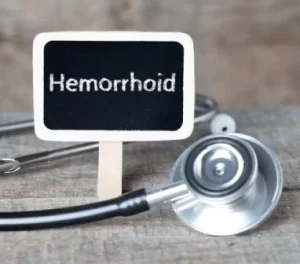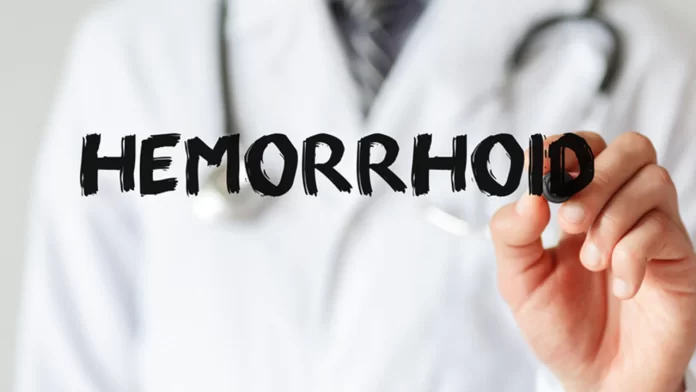Piles (Haemorrhoids)
Hemorrhoids, sometimes called piles, are a widespread medical problem affecting millions of people worldwide. They develop as a result of enlarged and irritated blood vessels in the rectum or anus. It is important to understand the causes, symptoms, diagnosis, available treatments, and preventive measures for hemorrhoids because they can cause discomfort, pain, and itching. We will go into these topics in this blog post, giving you important knowledge to better understand and manage Piles.

Causes of Piles
There can be many reasons for the formation of piles, which include:
- straining while going to the toilet
chronic diarrhea or constipation - conceive and give birth.
a sedentary lifestyle and obesity.
deteriorating connective tissue and aging
hereditary factor.
Unhealthy eating habits and poor fiber intake.
Symptoms of Piles
It is essential to recognize the symptoms of piles in order to take prompt action. Typical symptoms include:
- bleeding while going to the toilet
itching and discomfort in the anal area
discomfort or pain when having a bowel movement
a bulge or swelling near the anus
discharge of mucus after a bowel movement
Diagnosis of Piles
Medical specialists may perform the following tests to diagnose hemorrhoids:
- Physical examination and assessment of medical history
To evaluate the rectum and anus, perform a digital rectal exam (DRE).
using an anoscope, proctoscope or sigmoidoscope for visual examination
For a complete evaluation, additional tests such as a colonoscopy are recommended.
Treatment of Piles
Hemorrhoids are treated differently depending on the severity and symptoms present. Options include:
lifestyle changes
eating fiber-rich foods and drinking plenty of water
maintaining regular bowel movements
avoiding prolonged standing or sitting
Exercise regularly
Avoiding Stress While Using the Loo
Medicines:
over-the-counter lotions, ointments, or suppositories relieve symptoms
Painkillers are used to treat discomfort.
fiber supplements to promote regular bowel movements
Nonsurgical Techniques:
cutting off the blood supply to the hemorrhoids using a rubber band
Sclerotherapy involves injecting a substance to stimulate the hemorrhoid to contract.
Hemorrhoids can be stopped using infrared coagulation.
surgical procedures:
hemorrhoidectomy
Stapled hemorrhoids to cut off the blood supply to the hemorrhoid
Bleeding artery ligation with Doppler guidance to reduce blood flow
Prevention of Piles
Developing healthy habits and addressing risk factors, such as the following, can help prevent piles.
maintaining a diet high in fibre:
consuming entire grains, legumes, fruits, and veggies
avoiding processed foods and those with little fibre
maintaining hydration
consuming enough water each day Regular exercise:
exercising to encourage regular bowel movements and avoid constipation
Keeping up good bowel habits
avoiding extended periods of sitting or straining while using the loo
recognising the urge to urinate and acting quickly
creating a regular bathroom schedule
Controlling weight:
sustaining a healthy weight through regular exercise and a balanced diet.





























